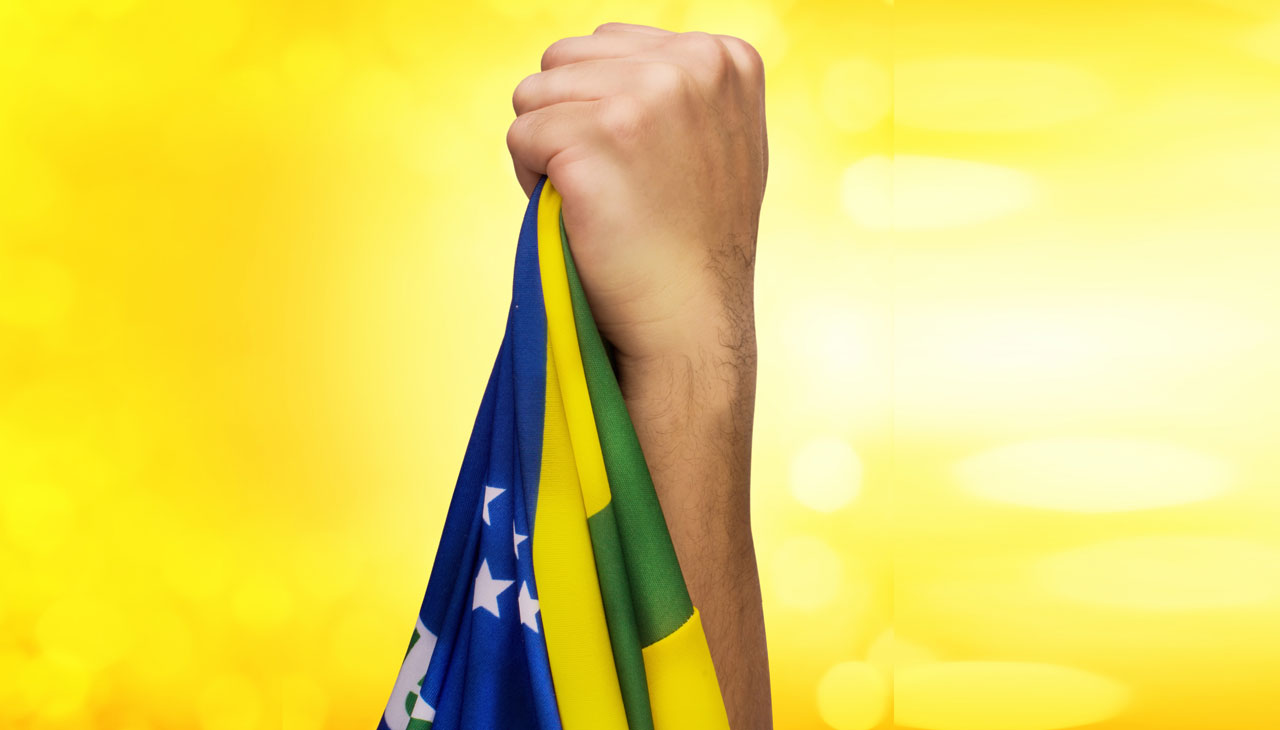
Brazil’s Dilemma | OP-ED
MORE IN THIS SECTION
Brazilians postponed to October 30th the decision on who will be their President for the next four years.
As it has happened in other countries in the region and the world, the dispute is between extremes and without strong majorities on either side. This factor makes governance difficult for the winner due to the strong opposition they will have to deal with during the term in office.
In Brazil, the dispute is between President Jair Bolsonaro and former President Luiz Inácio Lula Da Silva. In the polls, Lula has always been ahead, as it happened in the elections of this Sunday, October 2nd, but it was not enough for him to exceed 50 % of the vote to be proclaimed.
The distance in votes is small, but the ideological difference is profound. Bolsonaro is considered the tropical variant of Donald Trump, with extreme right-wing positions. He disdains the rights of minorities, is unrestrainedly sexist, promotes patriotism, does not believe in climate change, dismissed the existence of COVID-19 pandemic and puts God first in his speech.
Bolsonaro has a good part of his votes in the Christian churches, in landowners, but also in a broad popular sector that believes in his electoral promises and in an image that seeks to move away from the political tradition. This ex-military man defends the dictatorship that ruled Brazil from 1964 to 1985.
On the other side is Lula, a notable union leader of the metallurgical sector, who during his two governments as President changed the face of Brazil. He even looked at Latin America with a sense of integration. He is 76 years old and won the Presidency for the first time 20 years ago. He is one of the founders of the Workers’ Party, which in 1982 participated for the first time in congressional elections.
His electoral strength is in the working sectors and in millions of poor men and women who have seen him as the savior. Lula is not an electoral novice. He has a long experience. At least for the role of President, he ran as a candidate in three elections until he was elected in 2002.
RELATED CONTENT
In Brazil, where everything is as big as its extension and population, Lula could not be the exception. In 2010, when he served his second presidential term, in 2010, his popularity was around 90 %. However, in 2018 he was imprisoned on a corruption charge, whose trial was annulled and he was released 580 days later. He returned to the world of politics amid the discredit of Bolsonaro, who took advantage of the Lula scandal to become president.
Times have changed and so has Lula. In his political resurrection, he surrounded himself with sectors not necessarily of the left and is far from the extremism that his adversaries used years ago to generate fear if he assumed power.
Brazil is at a defining moment. Bolsonaro’s security and patriotism contrasts with Lula’s social investment, environmental defense and international leadership.
In politics nothing is set in stone, so no matter how many polls are in Lula’s favor, he will not be able to claim victory and will work hard to gather enough votes to defeat Bolsonaro. It is clear that Latin America is going against what is happening in Europe, which is moving to the right. And it joins the progressive positions in the United States, which runs the risk of falling back into Donald Trump’s nightmare.
If Lula wins, an interesting left-wing, progressive bloc would be configured in the region together with Colombia, Chile, Honduras... And he would be an interesting interlocutor with Joe Biden’s Government on coinciding issues, such as the fight against climate change and the protection of the Amazon.






LEAVE A COMMENT:
Join the discussion! Leave a comment.